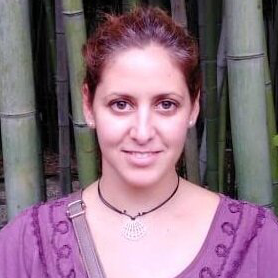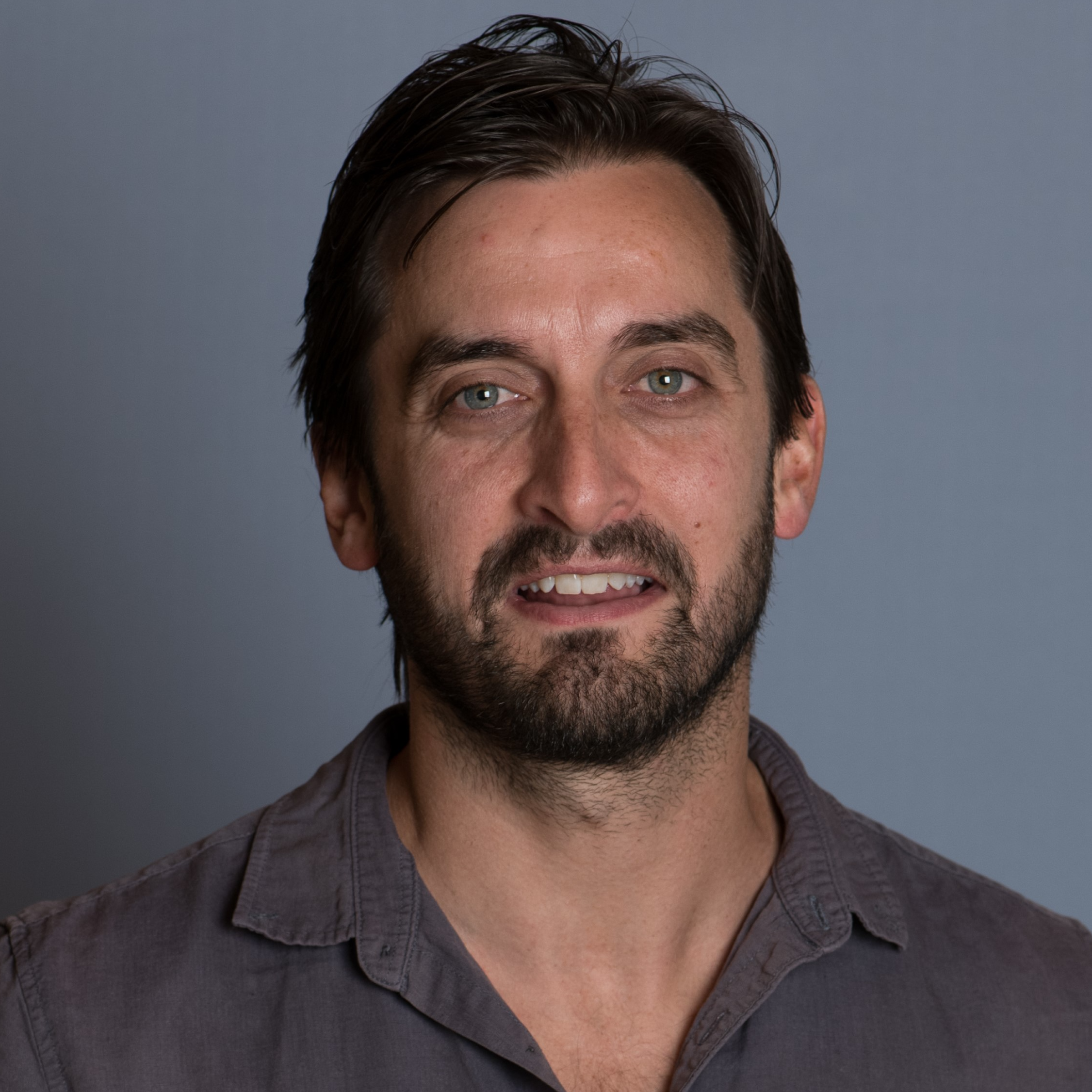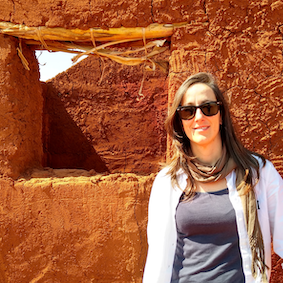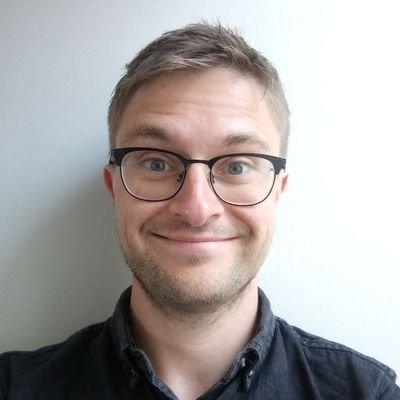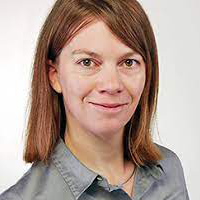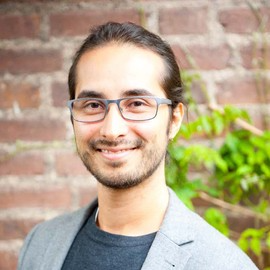SORTEE member voices – Alkistis Elliott-Graves
[SORTEE member voices is a weekly Q&A with a different SORTEE member]
Name: Alkistis Elliott-Graves.
Date: 09 July 2021.
Position: Junior Professor in Philosophy of Science, Bielefeld University.
Research and/or work interests: Philosophy of Ecology, Philosophical issues in Meta-Analysis.
How did you become interested in open research?
By engaging with the philosophical implications of Meta-Analysis. Especially the differences between Meta-Analysis as it is used in Medicine and as it is used in Biology.


